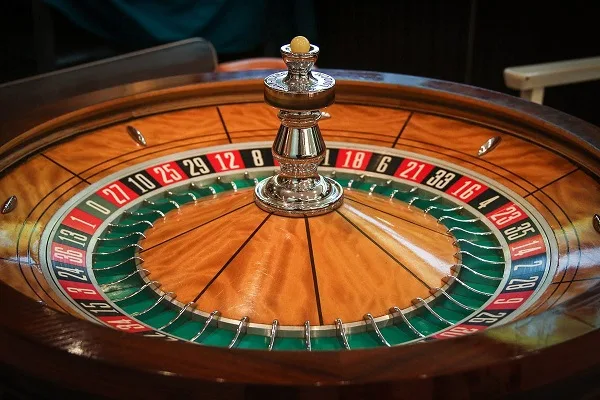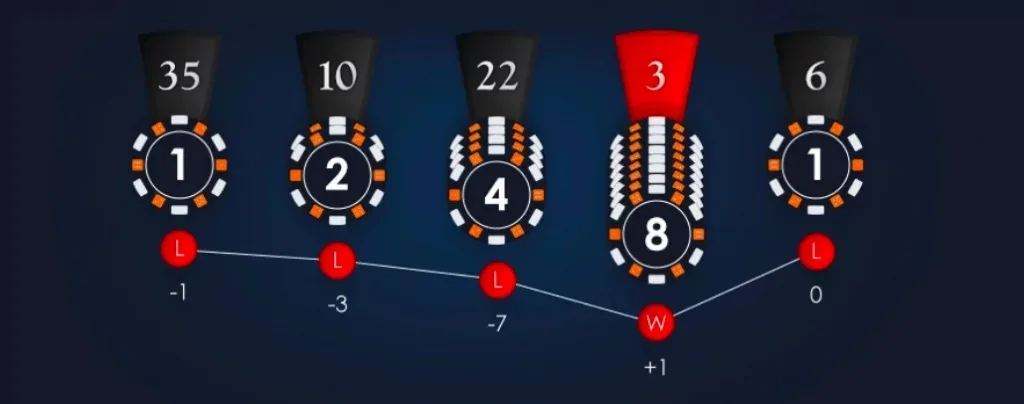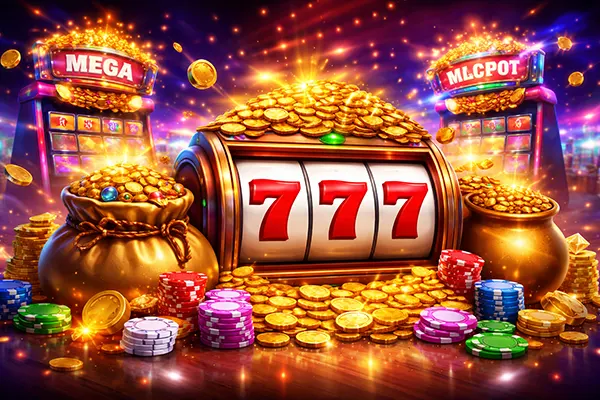
Martingale Strategy: Roulette’s Double or Nothing
Embark on a journey through the annals of gambling history as we unravel the Martingale betting strategy, one of the oldest and most debated approaches to roulette. This comprehensive analysis delves into its creation, challenges, effectiveness, notable users, and what the future holds for this fascinating betting system.
Who Created It and When
The Martingale betting strategy, a hallmark in the world of gambling, traces its origins back to the 18th century France. Although its exact creator remains shrouded in mystery, the strategy is believed to have been conceived by eager gamblers looking to exploit the mechanics of probability for consistent wins. Its fundamental premise—doubling one’s bet after every loss—promised a foolproof way to recover losses, albeit at the risk of exponential financial peril.
Challenges with the Strategy
The Risk of Exponential Loss
The allure of the Martingale system is marred by the significant risk it poses; a prolonged losing streak can result in substantial financial strain, challenging the resolve and bankroll of even the most seasoned gamblers.
Table Limits and Practicality
Casinos, aware of the strategy’s potential, impose table limits that cap the amount a player can bet, thereby nullifying the Martingale system’s effectiveness and leaving players at a dead end.
The Psychological Battle
Beyond the mathematical and financial implications, the Martingale strategy also poses a psychological challenge, testing a player’s discipline and ability to stick to the system amidst rising losses and the tempting prospect of breaking the pattern for recovery.
How Effective It Is
While the Martingale strategy can offer short-term gains, its long-term efficacy is widely contested. The system’s reliance on infinite resources and the inevitability of hitting table limits render it a risky and often unsustainable practice for consistent profitability.

Examples of Who Used It
Throughout history, numerous gamblers have turned to the Martingale system, drawn by its promise of inevitable recovery. From high rollers in Monaco to the casual player at the local casino, the system has seen its fair share of adherents and critics, each with their tales of fortune and ruin.
The Martingale Strategy in Modern Gambling
Today, the Martingale strategy is employed with a mix of reverence and caution. Its simplicity makes it accessible, yet its risks render it a tool for the disciplined, used sparingly and with an acute awareness of its financial dangers.
What Their Future Prospects Are
As gambling evolves, so too does the Martingale strategy, adapting to new games and betting environments. Its core principle remains a topic of interest for gamblers and mathematicians alike, ensuring its place in the gambling strategy pantheon for years to come.



